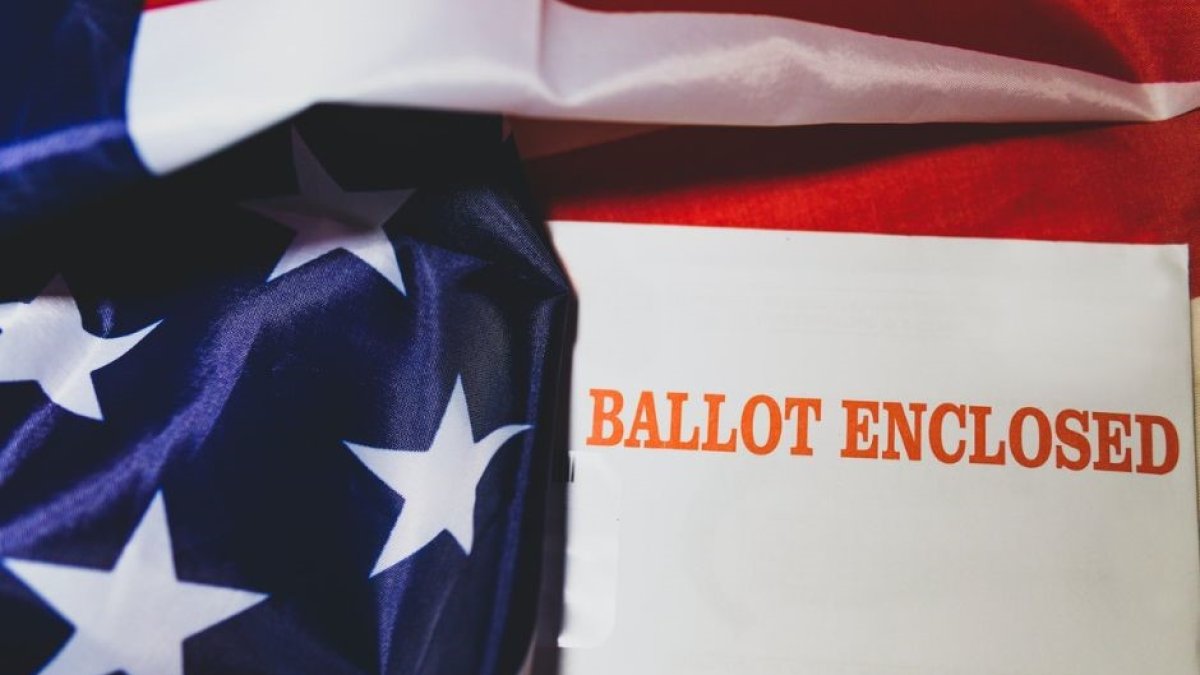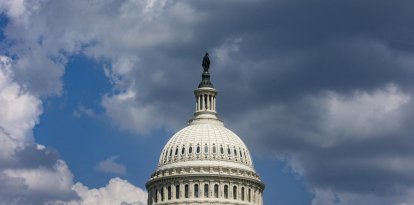The four keys to Hispanic voters in the midterms
The Hispanic Council summarises Hispanic voters in the United States.

Joshua Woroniecki / Unsplash.
We know that the Hispanic voter is a determining factor in the midterm elections, precisely because Hispanics are the largest minority in the U.S. However, the Hispanic voter does not vote the same way in each election, but rather has a varied, fluctuating vote.
Traditionally, Hispanics were considered to be Democratic-leaning. However, in recent years we have seen many changing gears and voting Republican, which the polls show will be ratified in the November elections.
There is already talk of a red wave (in reference to the color traditionally represented by the Republican Party). Part of that wave will be made up of the votes of Hispanics who go to the polls today. We are not only voting on Congress today. The following issues are also being voted on:
- Candidates to occupy one third of the Senate.
- Approximately 85% of the members of state legislatures.
- 307 state executive positions (including 36 governors and 30 state attorneys general).
- 132 different proposals in referendums throughout 37 different states.
- And of course... congressional elections.
For all these reasons, political analysts are focused on the midterm elections. As is often the case, midterm elections may also be perceived as a punishment for the incumbent president whenever the people do not agree with his policies. This is the case of Joe Biden and his administration, whose popularity has been plummeting for months.
Hispanic voters are increasingly engaged in politics
The Hispanic Council (a think tank aimed at promoting relations between the United States and Spain) has compiled a list of facts about the Hispanic voter in these midterm elections, which we have summarized below:
1. The numbers speak for themselves: Hispanic voters make up 14% of midterm voters.
Hispanics are the largest minority in American society, accounting for 34.5 million voters. Since the last midterm elections in 2018, the number has increased by nearly 5 million. There has been a 65-70% increase compared to the 2014 midterms.
However, of that total 34.5 million, only 11.6 million will vote. This is because only 53% of Hispanics are eligible to vote, well below the national average of 72%. This is due to the fact that 30% of the U.S. Hispanic population is underage (under the minimum voting age). In addition, 18% of Hispanics do not have citizenship (the Hispanic Council includes in this percentage residents with green cards, residents with temporary visas, or Hispanics in the process of getting permanent residency).
2. Hispanics are not loyal to one political party
The Hispanic voter is not monolithic, but changes. Hispanics' votes change based on a number of interests and issues that concern them. In this election campaign, we have seen candidates (both Democrats and Republicans) focus on targeting Hispanic audiences. As the fastest growing voting group, they are a great source of votes. The increase in eligible voters also influences more diversity when it comes to choosing red or blue.
In these midterms, therefore, the Republican swing will be decisive in the Senate races in Nevada and Arizona. This is also true in the House of Representatives, especially in states such as California, Colorado, Florida or Texas.
3. Issues that matter to Hispanics
Hispanics are especially sensitive to social issues. Politicians know this and that is why these issues have taken center stage in this election campaign. Immigration, abortion, rising crime and education are the four topics that have most impacted the Hispanic voter. The impact the pandemic has had on the growth of the Hispanic population (both socially and in business) and gun control also deserve separate mention.
4. Bidenomics: Biden's economic policies
The tremendously high inflation facing the United States is the greatest burden of this election. This current midterm election may seem like a punishment for Joe Biden's economic policies that are dragging down the country's growth. The Hispanic community has been hit especially hard by Democratic measures. According to the Hispanic Council, the economy is the top concern for 80% of the Hispanic vote.

























